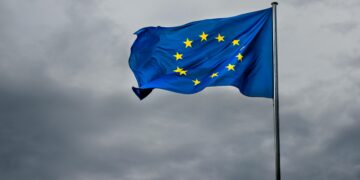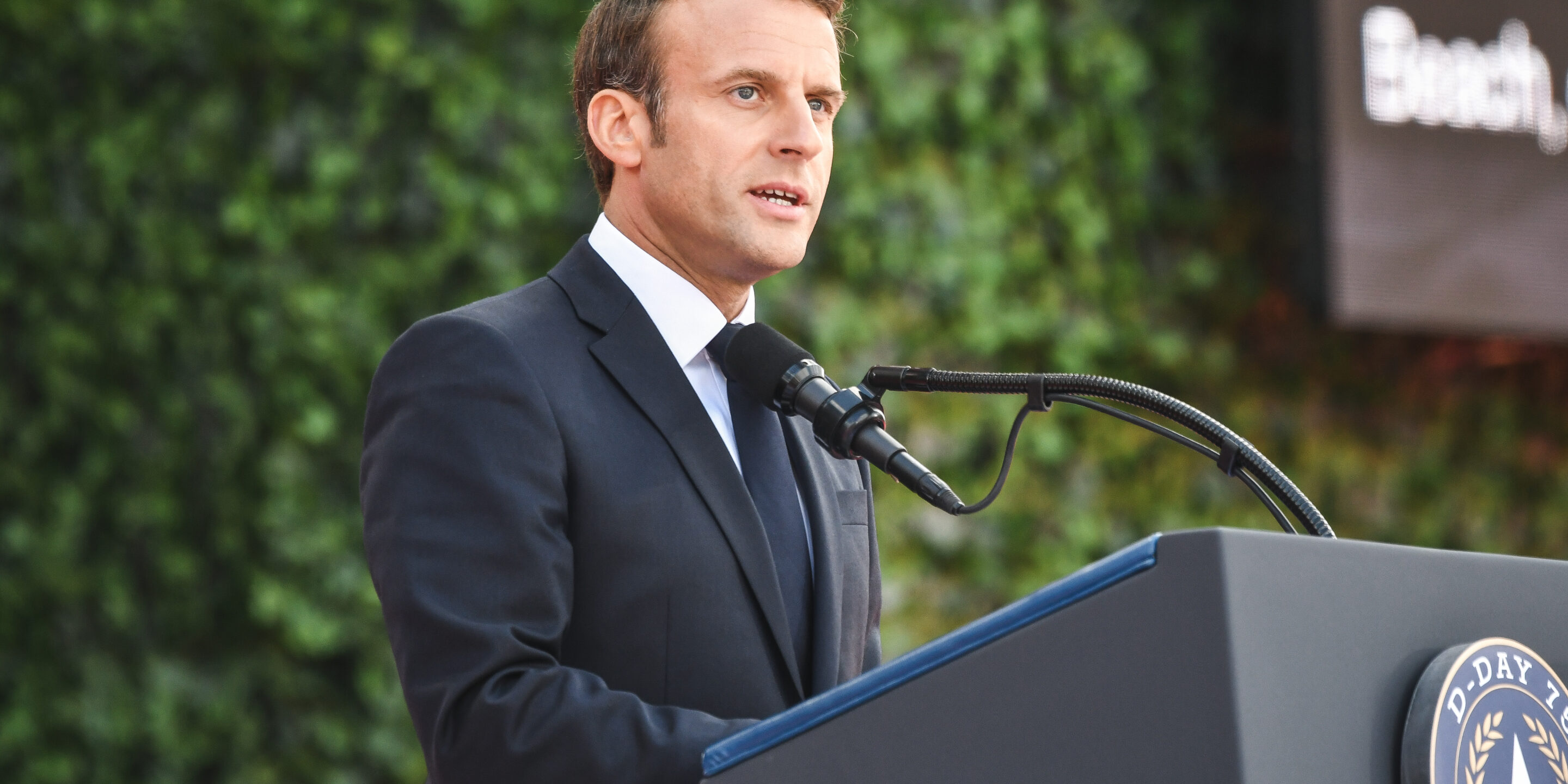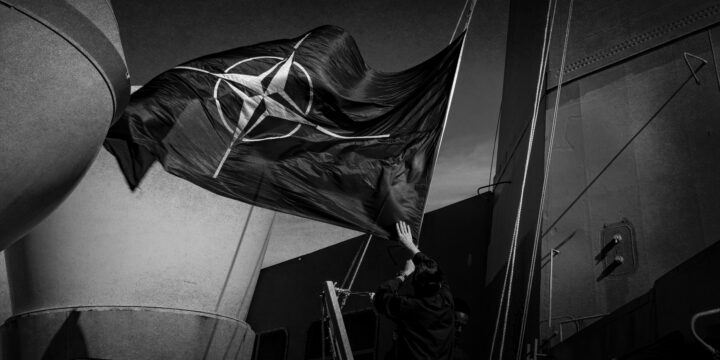We are still fifteen months away from the 2024 U.S. presidential election, but much of the world is already busy trying to decipher the results. With a second Donald Trump presidency in the realm of possibility, governments around the world are holding strategy sessions and informal conversations about how such an event would change U.S. foreign policy, impact their relationships with the United States and, just as importantly, what they can do to mitigate whatever shock to the system that may ensue.
For Europe specifically, Trump wasn’t just a shock—it was a lightning bolt to the skull. For a continent accustomed to getting what it wanted from Washington, enjoying relatively harmonious trade ties and complacently living behind the wall of U.S. military protection, Trump’s worldview was almost alien. Here was a man who simply didn’t buy into the notion of the so-called transatlantic relationship. Alliances most American politicians viewed as sacred were seen by Trump as a rip off. Why, he constantly asked, was the U.S. providing Europe with protection when it wasn’t pulling its weight and allowing its defense budgets to wither?
European politicians, like most U.S. foreign policy elites, hoped these views would magically disappear the moment Trump stepped into the Oval Office. They didn’t. Trump used tariffs liberally to push for better trade terms. He lambasted the Europeans during international conferences that were meant to solidify transatlantic ties. He flirted with leaving Nato, or at least used the threat of leaving Nato to push European governments into increasing defense spending in line with Nato’s 2 per cent of GDP guideline. Germany, the wealthiest country in Europe, was Trump’s favourite target—during one infamous episode at the 2018 Nato summit, Trump asked point blank why the U.S. should be protecting Germany from Russia when Berlin was buying Russian natural gas at a heavy clip.
Given this history, it’s understandable why many in Europe are wary of Trump possibly returning to the scene. European policy elites have been griping about what it could all mean. ‘For most European governments, it is almost too upsetting to think about, let alone debate in public,’ Steven Erlanger, the New York Times’ chief diplomatic correspondent, wrote this month.
More on Europe

By John Grover
February 25, 2026

February 24, 2026

February 15, 2026






